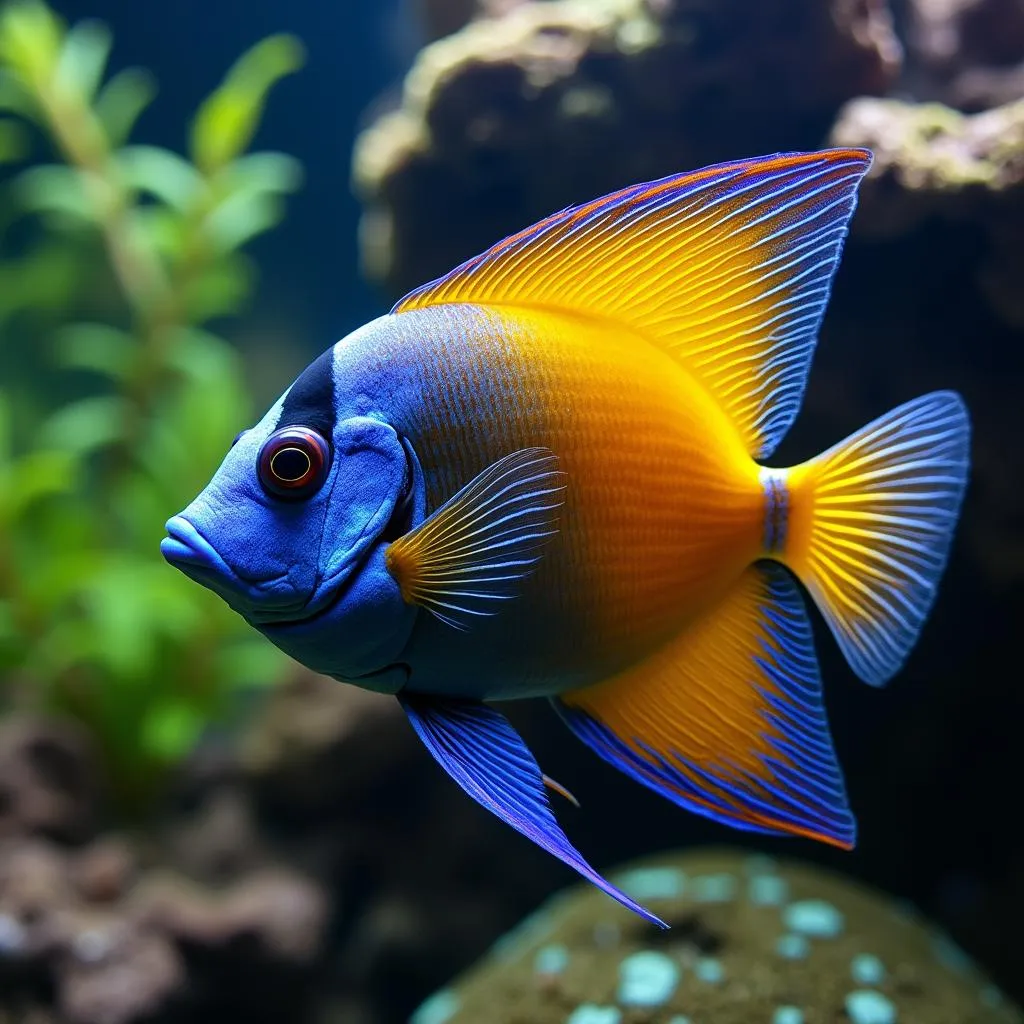Exploring the African Great Lakes Group
The African Great Lakes Group, a complex and fascinating region, is a testament to the power of shared resources and the challenges of cooperation. Located in East Africa, this group of countries shares the resources of the African Great Lakes, vital ecosystems that support millions. From the bustling shores of Lake Tanganyika to the serene waters of Lake Victoria, this region is a crucible of cultural exchange, economic activity, and ongoing development.
This crucial region faces several challenges, including managing shared water resources, navigating complex political landscapes, and promoting sustainable development. Understanding the intricacies of the African Great Lakes Group requires delving into its history, exploring the economic ties that bind its members, and examining the environmental concerns that shape its future. These interconnected factors paint a vivid picture of a region striving for balance and progress amidst significant complexities. Let’s embark on a journey to discover the unique characteristics and dynamism of the African Great Lakes Group.
Understanding the African Great Lakes Region’s Significance
The African Great Lakes—Victoria, Tanganyika, Malawi, Turkana, Albert, Kivu, and Edward—form the largest freshwater system on Earth. This abundant resource sustains a vast array of aquatic life, supports agriculture through irrigation, and provides transportation routes. The countries bordering these lakes—Burundi, Democratic Republic of Congo, Kenya, Rwanda, Tanzania, and Uganda—are bound together by the opportunities and challenges these shared waters present. These interconnected waterways provide opportunities for trade, transportation, and regional cooperation, while also presenting challenges for shared management and equitable resource allocation. This intricate interplay of factors makes the African Great Lakes Group a compelling case study in regional dynamics. Check out this article on the African cichlid mix which thrive in these lakes.
The Economic Impact of the Lakes
The lakes are vital to the economies of the African Great Lakes Group countries. Fishing, agriculture, and tourism are key industries that rely heavily on these water bodies. The fishing industry, in particular, provides livelihoods for millions and contributes significantly to food security. Furthermore, the lakes facilitate regional trade and transportation, connecting these countries and fostering economic interdependence. However, the equitable distribution of these economic benefits remains a continuous challenge, requiring careful management and collaborative efforts among the member states.
Environmental Challenges and Conservation Efforts
The African Great Lakes face several environmental challenges, including pollution from agricultural runoff, industrial discharge, and unsustainable fishing practices. These threats endanger the biodiversity of the lakes and the livelihoods of those who depend on them. Conservation efforts are underway to address these issues, including initiatives to promote sustainable fishing practices, improve water quality, and protect vital habitats. These endeavors require international collaboration and local community involvement to ensure long-term sustainability. Learning more about the specific fish inhabiting these lakes, like the African keendai fish, can help understand the importance of conservation.
The Importance of International Cooperation
Addressing the environmental challenges requires a concerted effort from all the countries in the African Great Lakes Group. International cooperation is crucial to developing and implementing effective conservation strategies. This collaboration involves sharing knowledge, coordinating policies, and pooling resources to achieve shared goals.
“The health of the African Great Lakes is a shared responsibility,” says Dr. Amina Omar, a leading environmental scientist specializing in East African ecosystems. “Only through collaborative action can we ensure the long-term sustainability of this vital resource.”
Political Dynamics and Regional Stability
The political landscape of the African Great Lakes region is complex, and political instability in one country can easily spill over into neighboring countries. The shared resources of the lakes can become a source of conflict, especially when it comes to water allocation and fishing rights. Promoting peace and stability in the region is essential for ensuring sustainable development and managing the shared resources effectively. You might be interested in an African country capital Bujumbura crossword to test your knowledge of the region.
The Role of Regional Organizations
Several regional organizations, such as the International Conference on the Great Lakes Region (ICGLR), play a critical role in promoting peace and stability in the region. These organizations facilitate dialogue, mediate disputes, and promote regional cooperation on issues such as security, trade, and environmental management.
“Regional organizations are crucial for building trust and facilitating cooperation,” explains Professor Joseph Karanja, a political analyst focusing on East African politics. “They provide a platform for dialogue and joint action, which is essential for addressing the complex challenges facing the African Great Lakes region.”
Conclusion
The African Great Lakes Group stands as a critical region facing complex environmental, economic, and political challenges. International cooperation, sustainable development initiatives, and proactive conservation efforts are essential to managing the shared resources of the lakes and ensuring a prosperous future for the region. By understanding and addressing the intricate issues impacting the African Great Lakes, we can contribute to a more sustainable and peaceful future for this dynamic and vital part of Africa. Understanding the species present in the lakes, such as the various African cichlids for sale free shipping is crucial for conservation efforts. For a comprehensive understanding of the diverse species, refer to this informative African cichlids list.
FAQ
- What are the major environmental threats to the African Great Lakes?
- How does the fishing industry impact the economies of the African Great Lakes countries?
- What role do regional organizations play in promoting peace and stability in the region?
- Why is international cooperation essential for managing the shared resources of the lakes?
- What are some of the key conservation efforts being implemented in the region?
- How do political dynamics affect the management of the shared resources?
- What are the long-term goals for sustainable development in the African Great Lakes region?
Common Scenarios and Questions
Scenario: A decrease in fish stocks in Lake Victoria.
Question: What factors might contribute to this decline, and what measures can be taken to address it?
Scenario: Increased pollution in Lake Tanganyika.
Question: What are the sources of this pollution, and how can its impact be mitigated?
Scenario: Political instability in one of the African Great Lakes countries.
Question: How might this instability affect regional cooperation and the management of shared resources?
Further Exploration
For more information, explore articles on:
- The impact of climate change on the African Great Lakes
- The role of local communities in conservation efforts
- The economic potential of tourism in the region
When you need assistance, contact us at Phone: +255768904061, Email: [email protected] or visit our office at Mbarali DC Mawindi, Kangaga, Tanzania. We have a 24/7 customer service team.

